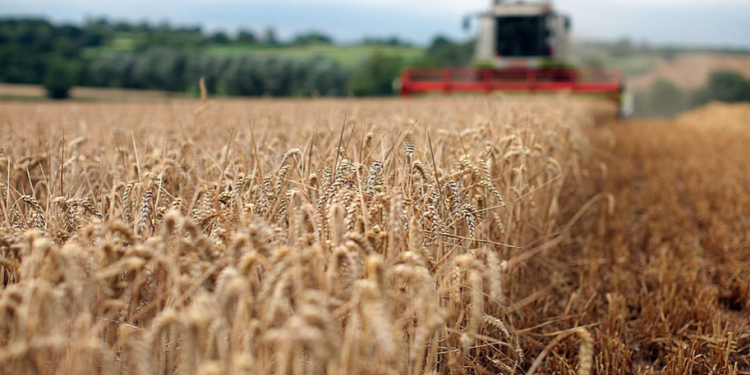The Spectator explores the recent second reading of the new UK agriculture bill. It says, it might seem hard to believe it was just a matter of months ago that senior Treasury advisor Tim Leunig made headlines when he suggested in leaked emails that Britain doesn’t need farmers. The ‘food sector isn’t critically important to the UK’, he wrote.
Then Covid-19 descended, and the British farming industry was deemed vital again. With supermarket shelves empty due to panic buyers, we were reminded how important it is that we are able produce at least a proportion of the food we need at home. The Prime Minister took to pointing out the strength of our ‘farm to fork’ supply chain that kept supermarkets stocked.
It’s strange, then, that as part of ‘getting Brexit done’, the current government are proposing a raft of ideas that will be far from helpful for British farmers. The Agriculture Bill has already caused its fair share of controversy. MP Neil Parish, chair of the Environment, Food and Rural Affairs Committee, proposed an amendment which would have prevented any trade agreement from being ratified if it allowed the importation of food products produced to a lower standard than is allowed in the UK. His amendment was defeated by 51 votes, after being supported by only 22 of his fellow Conservative MPs.
This was despite support from the National Farmers’ Union, British Veterinary Association, RSPCA, Soil Association and other groups.
The crux of the matter here, of course, is a potential trade agreement with the US. Yes, chlorinated chicken has come back to haunt us. Because before anyone starts talking about the fact that chlorine-washed chicken isn’t dangerous, it isn’t the chlorine that’s the problem. The ability to clean chicken using bacteria-destroying chlorine allows US farmers to raise poultry in welfare conditions that wouldn’t be allowed in the UK. It isn’t just the chicken; US beef farmers use growth hormones banned in the UK, while pesticides and antibiotics banned here are allowed in the States.























